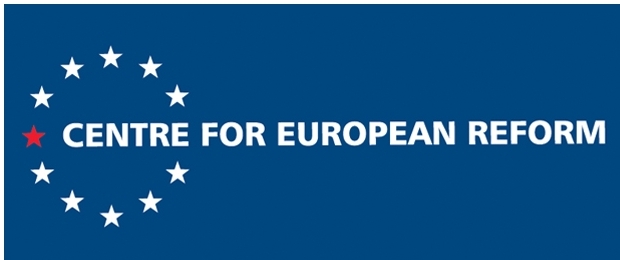
Bad start for EU’s defence procurement directive
“If member-states finish transposition in the next few months, then it’s not such a problem, but if they take a year or more, then it causes a problem,” said Clara O’Donnell, a researcher at the Centre for European Reform in London. O’Donnell said she expects member states to exploit loopholes in the directive, such as a clause allowing them to reserve contracts for domestic firms by citing national security interests. In the past, governments have posted contract opportunities in ways that favour domestic suppliers; for example, by posting the contract only in the national language, or insisting on a particular technology for which the only producer is on that country’s home soil. At an EU conference earlier this year, O’Donnell said she heard a senior Italian official say that it is unrealistic to expect countries to fundamentally change the way they go about procurement, and that they would still give priority to their own producers. “That is telling of the mindset across Europe,” she said.
